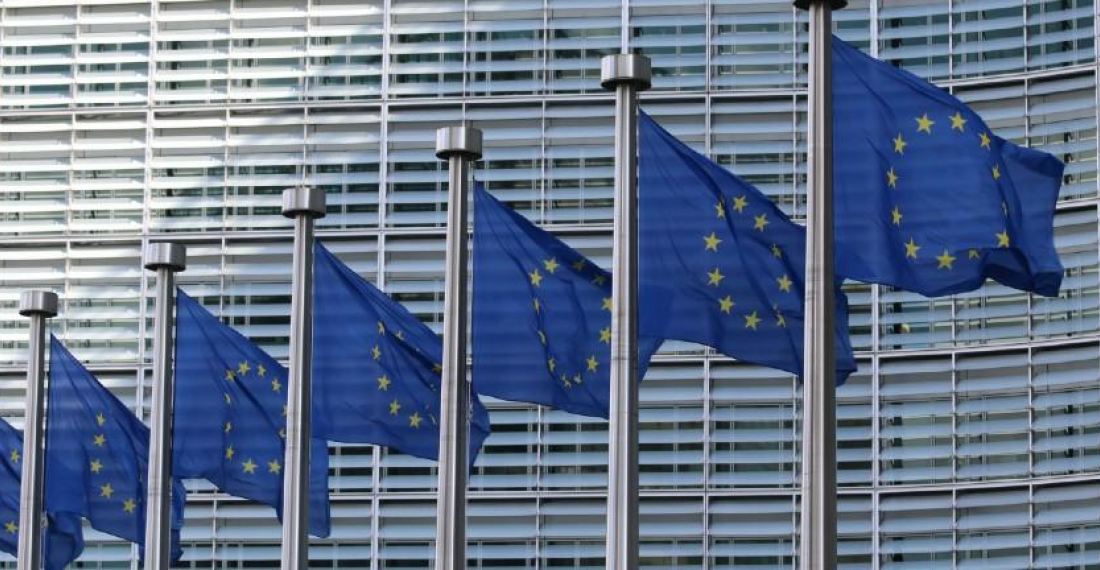The European Union has reacted to the military escalation in Nagorno-Karabakh following the launch of what Azerbaijan calls an "anti terrorist operation". In a statement, the EU called for an immediate end to hostilities and a return to negotiations and warned that the "military escalation should not be used as a pretext to force the exodus of the local population."
In a statement issued in Brussels, EU High Representative for Foreign and Security Policy, Josep Borrell, said "the European Union condemns the military escalation along the Line of Contact and in other locations in Karabakh. The EU deplores the loss of lives brought by the escalation. We call for the immediate cessation of hostilities and for Azerbaijan to stop the current military activities.
There is an urgent need to return to dialogue between Baku and Karabakh Armenians. This military escalation should not be used as a pretext to force the exodus of the local population.
Violence needs to stop in order to provide a conducive environment for peace and normalisation talks. Genuine commitment by all sides is required to work towards negotiated outcomes. The EU remains fully engaged to facilitate the dialogue."
Statements on broadly the same lines have been made on social media outlets by other EU officials, including EU Council president, Charles Michel, and EU Special Representative for the South Caucasus, Toivo Klaar.
In the meantime, France has said it was consulting with European and American colleagues with a view to convening an urgent meeting of the UN Security Council.







